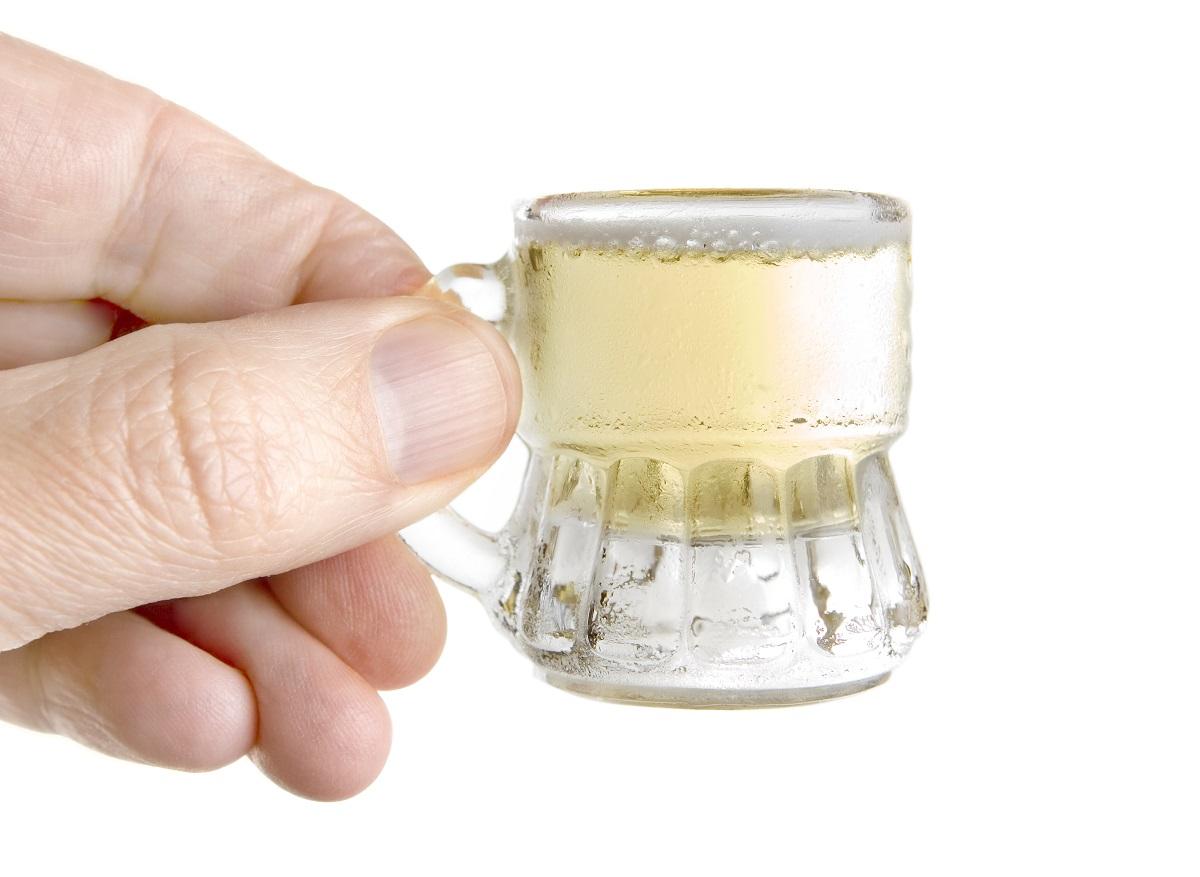“While the deficit of the sickness branch continues (still 7.9 billion euros expected in 2013 despite the all-out increases in levies), the authorities refuse to initiate a real reform of the drug policy, yet already achieved by all European countries. Across Europe, drug prices have fallen. What is France waiting for? “is the question asked by Michèle Rivasi, environmental MEP and member of the European Parliament’s Health committee, when presenting a study for reduce our drug consumption.
The pharmacist “whistleblower” Serge Rader and the president of the Necker Institute Philippe Even join the MEP in ensuring that a 10% reduction per year in the consumption of drugs would save around 10 billion dollars euros in three years, and at the same time absorb part of the social security deficit.
Serge Rader, quoted by the daily 20 minutes, adds that “our room for maneuver is immense, without breaking the system or harming the health of patients”. The three experts point to the excessive consumption of France, the second largest drug market in the world after the United States, and unnecessary waste. Indeed, Philippe Even estimates that “at least 10% of the drugs sold would be thrown away”.
Solutions against mismanagement
Also involved, “significant price differences both on drugs and generics insufficiently used and too expensive,” reads the press release published on Monday, June 24. “It is not normal to prescribe the most recent and expensive drugs when there are cheaper alternatives, as effective or even more, better known in terms of pharmacovigilance, especially in the generic repertoire”, indignant Serge Rader on 20 minutes.
Several solutions to put an end to waste are proposed by the authors of the study: cleaning up the pharmacopoeia and lowering the prices of specialties, dissolving the economic committee for health products (CEPS) which sets the reimbursement price at discretion, replacing the commercial margin degressive perceived by pharmacists through fee-based payment, or even develop a research partnership between the State and laboratories, the sole objective of which would be reduced to public health issues.


















